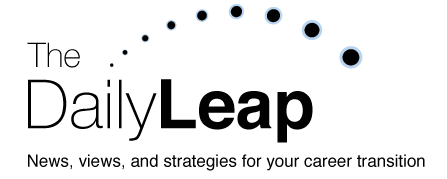Interviewing is not a comfortable process for most; almost everyone can recount at least one bad interview experience. An interview can fall short for many reasons: Maybe you didn’t provide the right information or enough information, or perhaps you tripped over your words or weren’t convincing enough. Regardless of the reason—even one that was out of your control—your best response is to use what you’ve learned and move forward.
If you experienced an interview that went wrong, try some of the action steps below to prepare and improve for your next interview.
Identify Opportunities for Improvement
Immediately following your interview, make a list of things you felt didn’t go well in the interview. Next, carefully consider and note viable solutions to issues you’ve identified. For example, if rapport with the interviewer was an issue, develop a few ice breaker questions to use next time. If you didn’t close the interview well, rehearse a fine-tuned closing pitch. Were some of your answers incomplete? If so, develop accurate and strong responses for next time. Practice your responses out loud or, even better, ask someone you trust to practice interviewing you and give you candid feedback.
Review and Refine Your List
Just prior to your next interview, review your list of challenges and solutions to make sure you’re adequately prepared. As you acquire more interview experience, add to your list. Note solutions that are working and modify solutions that aren’t.
Make a Lasting Professional Impression
It’s natural to feel disappointment when you are not invited to the next interview step, but you should still focus on leaving a lasting, professional impression. Remember to send the interviewer(s) a thank you note. Emphasize your continued interest in the company, and ask to be kept in mind for future opportunities. Regularly check the company’s website or job boards for new postings that may be a good fit.
The wisest interview strategy is to be your professional best in every interview situation. And remember, every interview should be viewed as a learning experience.
